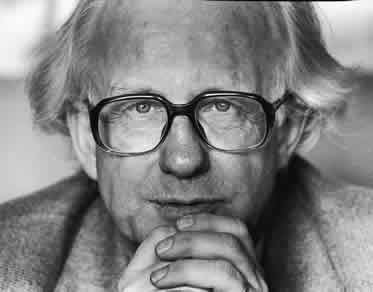Social sciences under attack!—despite supporting liberal ideology
Timothy D. Wilson, a psychologist at the University of Virginia, is concerned about the fact that the social sciences are not getting any respect from Congress (“Stop bullying the ‘soft’ sciences“; LATimes, July 12).
Skepticism about the rigors of social science has reached absurd heights. The U.S. House of Representatives recently voted to eliminate funding for political science research through the National Science Foundation.
But it gets worse. Wilson cites opinion writers from the Washington Post and the New York Times who go so far as to say that the social sciences aren’t really sciences at all because they don’t have rigorous methodologies.
When it’s a bunch of cranky Republicans who don’t like the social sciences, that’s one thing. But when the liberal media establishment starts complaining, that’s a whole other ballgame. Deeply disturbing to all those social scientists who thought they were doing their best to promote the liberal agenda.
So how best to sell the social sciences to the liberal elites? Show that they support their most cherished beliefs. Some of Wilson’s examples of rigorous social science do just that, and he does not include any examples that would in any way challenge the dominant liberal zeitgeist. Read more





